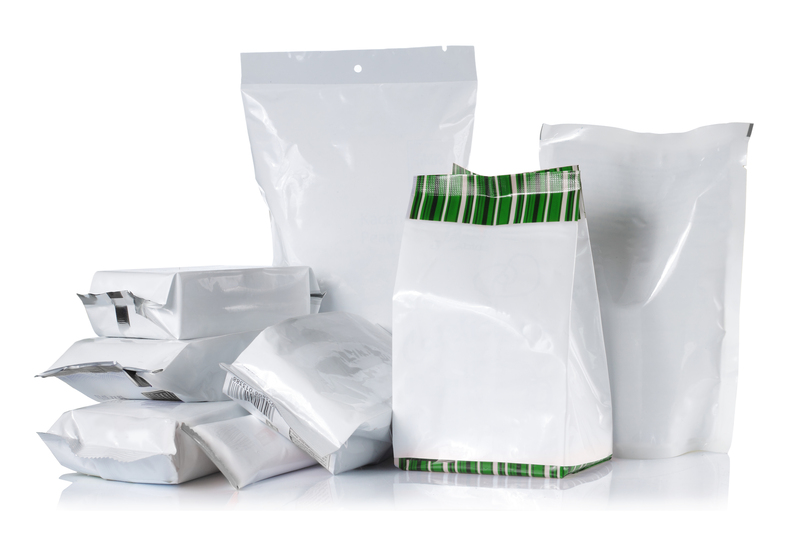Maxi Skip Waste Types
Posted on 05/01/2025
When it comes to efficient waste disposal for large projects, the maxi skip is a popular choice due to its ample size and capacity. Whether you're undertaking a major home renovation or clearing out a construction site, knowing the specific types of waste you can dispose of in a maxi skip is crucial for compliance and efficiency. In this article, we will explore the different waste types suitable for a maxi skip, along with some tips, pros, and cons to help you make an informed decision.
Construction and Demolition Waste
Construction and demolition waste is one of the primary types of waste that a maxi skip is designed to handle. This includes debris from building materials such as bricks, concrete, timber, and metal. It can also include items like doors, windows, and tiles. Always check with the skip hire company to ensure they accept specific materials, as regulations can vary.

Household Waste
Another common type of waste disposed of in maxi skips is household waste. This can include old furniture, appliances, garden waste, and general clutter accumulated during a home clean-out. However, certain items like electrical appliances and hazardous materials may require special disposal methods.
Garden Waste
If you're undertaking a large landscaping project, a maxi skip is ideal for disposing of garden waste. This includes grass clippings, branches, soil, and other organic materials. Remember to separate recyclable garden waste from non-recyclable waste to ensure proper disposal and recycling.
Commercial and Industrial Waste
Businesses can benefit from using maxi skips to manage large volumes of waste generated from daily operations. This can range from packaging materials to manufacturing by-products. It's essential to segregate hazardous waste and consult your skip provider for guidance on disposing of specific commercial waste.
Mixed Waste
Maxi skips can also be used for mixed waste, which includes a combination of the types mentioned above. Mixed skips are convenient but be aware that mixing certain types of waste can increase disposal costs due to the need for additional sorting and recycling processes.
Hazardous Waste
Hazardous materials like asbestos, chemicals, and certain types of electrical equipment require special handling and should not be disposed of in a maxi skip. It's crucial to consult with professional waste disposal services to manage these materials safely and in compliance with regulations.
Tips for Effective Maxi Skip Use
- Sort Waste at Source: Segregate different types of waste to facilitate recycling and reduce disposal costs.
- Choose the Right Size: Ensure you select a maxi skip that matches the volume of waste you need to dispose of.
- Consult Your Provider: Always discuss with your skip hire company about what can and cannot be disposed of in a maxi skip.
- Plan for Collection: Schedule timely skip deliveries and collections to avoid project delays.
Pros and Cons of Maxi Skip Use
Pros
- High Capacity: Can handle large volumes of waste, making it ideal for big projects.
- Convenience: Saves time and effort compared to multiple trips to the disposal site.
- Cost-Effective: Generally more affordable than hiring multiple smaller skips.
Cons
- Space Requirements: Requires ample space for placement, which may be challenging in urban areas.
- Restriction on Hazardous Materials: Not suitable for all types of waste, particularly hazardous materials.
- Permit Requirements: May require a permit if placed on public property, adding to the overall cost and administrative work.

Takeaways
Maxi skips are a versatile and practical solution for managing large volumes of waste from various sources, including construction, household, and commercial operations. Understanding the types of waste that can be disposed of in a maxi skip will help ensure compliance with regulations and efficient waste management.
Conclusion
In summary, maxi skips offer an excellent option for handling substantial waste volumes efficiently and cost-effectively. By carefully selecting the types of waste and following proper disposal guidelines, you can maximize the benefits of using a maxi skip. Always consult your skip provider for specific advice tailored to your needs, ensuring a smooth and compliant waste disposal process.
Latest Posts
Enhance Business Efficiency with Waste Collection

